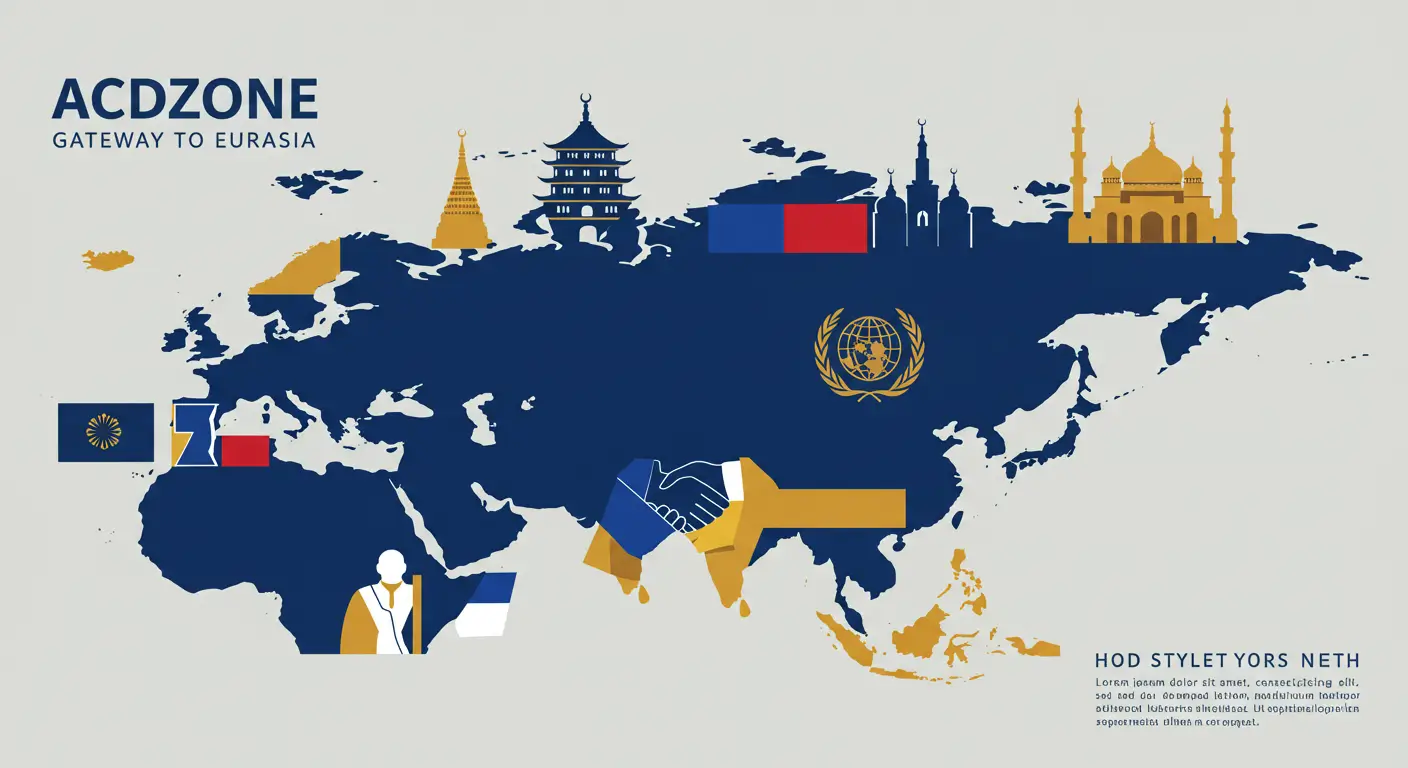A Living Mosaic of Heritage, Rituals, and Regional Identity
In the courtyards of Bukhara, among silk robes and steaming green tea, Uzbekistan’s culture thrives—not as a relic, but as a vibrant, everyday presence. Shaped by Persian, Turkic, and Islamic traditions, and enriched by centuries of art, music, and hospitality, Uzbek culture is a living bridge between ancient civilizations and modern Eurasian identity.
🧵 Historical Cultural Roots
Uzbekistan’s cultural roots span from the Samanid and Timurid eras to modern Islamic and Turkic influences. Cities like Samarkand and Bukhara serve as living museums, where tilework, calligraphy, and oral history preserve timeless narratives.
🎶 Traditional Music and Ceremonial Arts
"Shashmaqam" is a sacred musical form of Uzbekistan, recognized by UNESCO. Played with instruments like the dutar and tambur, it is performed in spiritual gatherings and festive ceremonies, evoking history and harmony.
👘 Traditional Dress and Cultural Symbols
Uzbek attire is rich in color and meaning, especially for women’s festive garments adorned with coins and embroidery. While daily fashion evolves, traditional clothing remains essential in weddings and cultural events.
🍽️ Cuisine and Hospitality Customs
Food is a cultural ritual in Uzbekistan. Dishes like plov (osh), flat tandoor bread, and green tea are central to every meal. Guests are welcomed as divine blessings, and generosity is a social expectation.
🕌 Religious and Spiritual Traditions
Islam is deeply woven into cultural life. From majestic Timurid mosques to local observances of Ramadan and Eid, faith provides not only worship but also social cohesion and moral continuity.
🧒 Family, Education, and Intergenerational Bonds
Family remains the nucleus of society. Elders are revered, and knowledge—both academic and moral—is passed down across generations. Children learn not only at school but also within the family’s cultural and religious setting.
Conclusion
Uzbekistan’s culture is not static—it moves with its people, flowing through generations. It is both a mirror of its illustrious past and a guide for shaping a meaningful future.





No comment